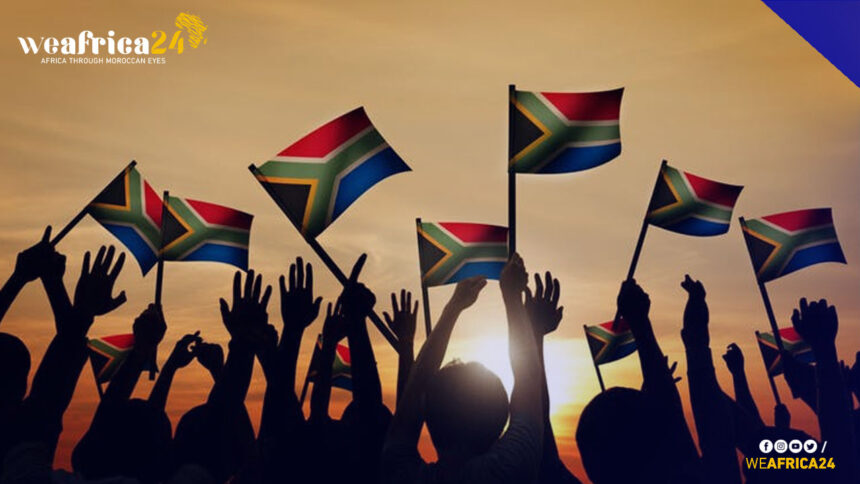South Africa has undergone significant political changes in recent decades, transforming from a system of apartheid to a democracy. What are the key political events and leaders that shaped the country’s history, and what are the challenges and achievements of South Africa’s journey toward democracy?
South Africa’s history has been marked by social, economic, and political inequalities, primarily driven by the policies of apartheid, a system of racial segregation and discrimination. The apartheid regime, which lasted from 1948 to 1994, denied basic human rights to the majority of the population and institutionalized racial inequality in all aspects of society. However, in the late 1980s and early 1990s, the country underwent a dramatic political transformation, leading to the eventual establishment of a democratic government in 1994.
Political Changes
The political changes in South Africa began in 1989 when F.W. de Klerk was elected president of South Africa, following the resignation of P.W. Botha. De Klerk’s election marked a significant shift in South African politics, as he was the first president to openly acknowledge the need to end apartheid and engage in negotiations with the African National Congress (ANC), the main political opposition party.
In 1990, De Klerk released Nelson Mandela, the leader of the ANC, from prison after 27 years of incarceration. Mandela’s release marked a turning point in South Africa’s history, as he became the face of the anti-apartheid movement and a symbol of hope for millions of South Africans. Mandela and De Klerk engaged in negotiations that led to the adoption of the Interim Constitution of South Africa in 1993, which paved the way for the country’s first democratic elections in 1994.
The 1994 elections were a historic moment for South Africa, as they marked the end of apartheid and the establishment of a democratic government. The ANC, led by Nelson Mandela, won a sweeping victory, with Mandela becoming the first black president of South Africa. Mandela’s government embarked on a program of national reconciliation and sought to address the social and economic inequalities created by apartheid.
South African Democracy
South Africa’s journey toward democracy has been marked by both successes and challenges. While the country has made significant strides in promoting racial equality, reducing poverty and inequality, and strengthening democratic institutions, it has also faced significant challenges such as high levels of crime, corruption, and social unrest.
In recent years, South Africa has faced political turmoil, with allegations of corruption and mismanagement by the government. The current president, Cyril Ramaphosa, has vowed to tackle corruption and restore the country’s democratic institutions. Despite these challenges, South Africa remains a beacon of hope for many in Africa and around the world, as it continues to strive towards building a more just, equal, and democratic society.
South Africa’s journey toward democracy has been a long and difficult one, marked by both successes and challenges. The country has undergone significant political changes in recent decades, transforming from a system of apartheid to a democracy. The leaders who have shaped South Africa’s history, including Nelson Mandela and Cyril Ramaphosa, have demonstrated remarkable resilience and commitment to democratic values. While challenges remain, South Africa’s journey toward democracy serves as an inspiration for other countries seeking to build more just, equal, and democratic societies.







